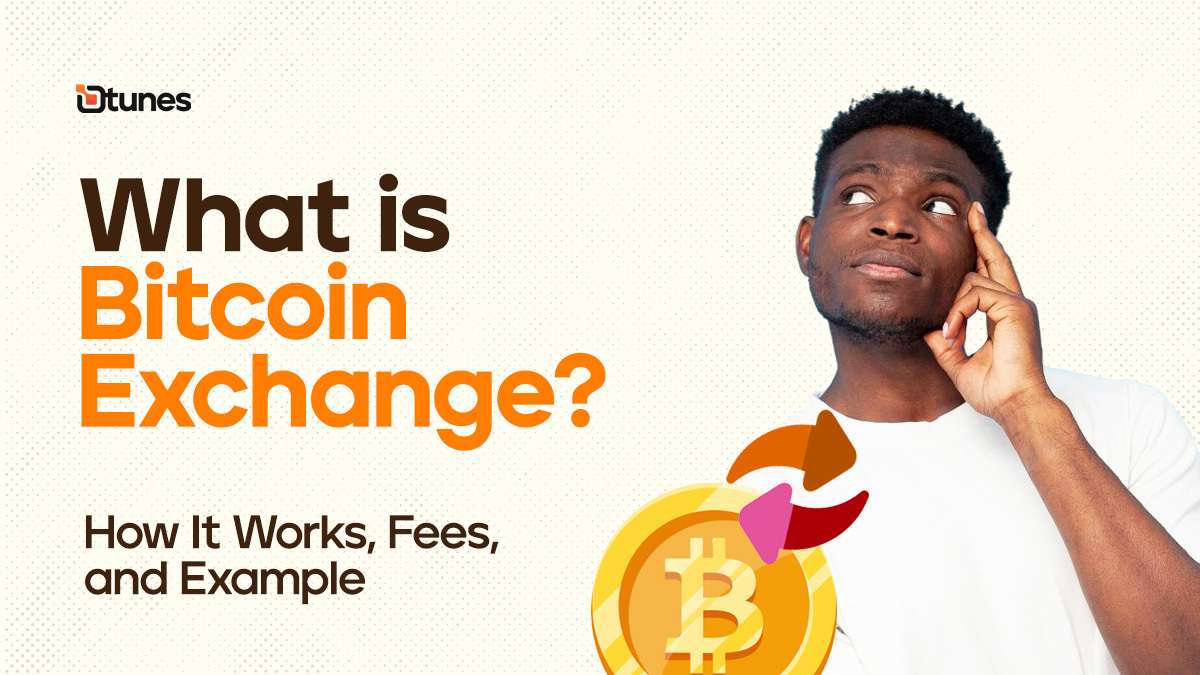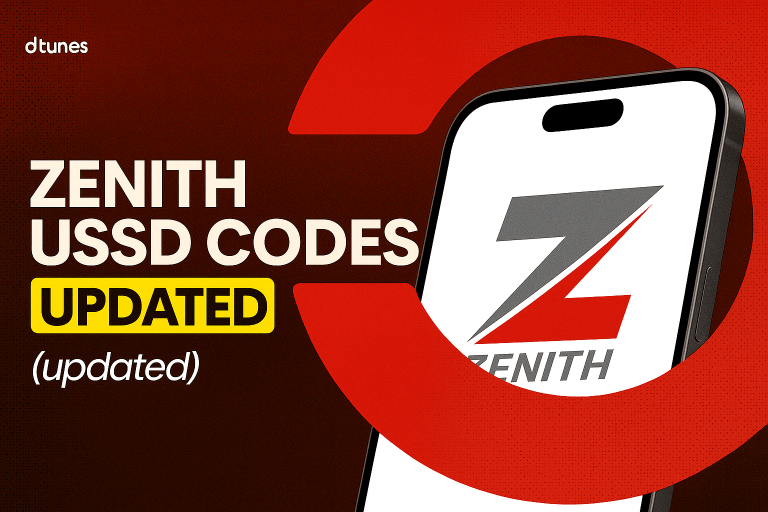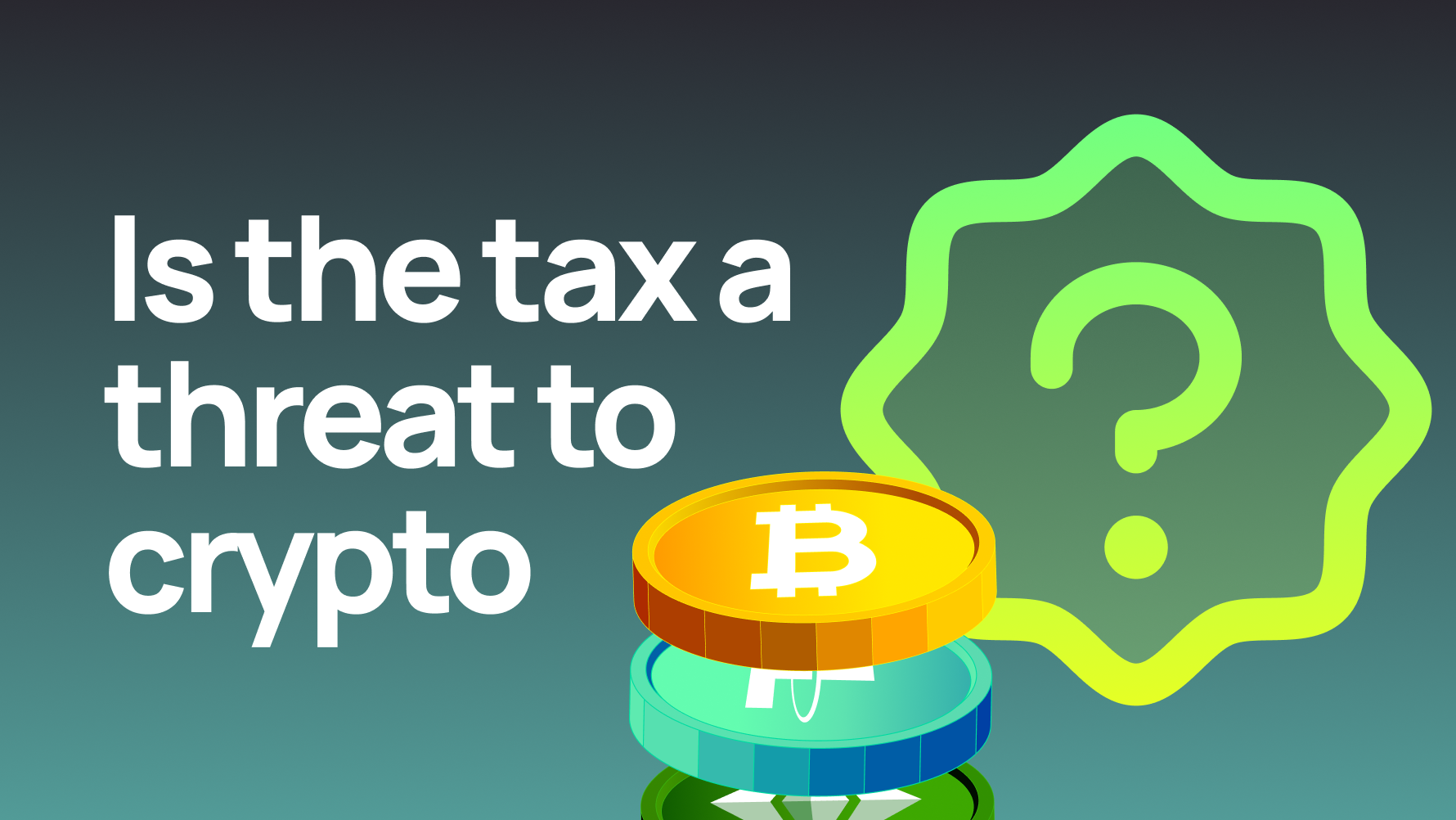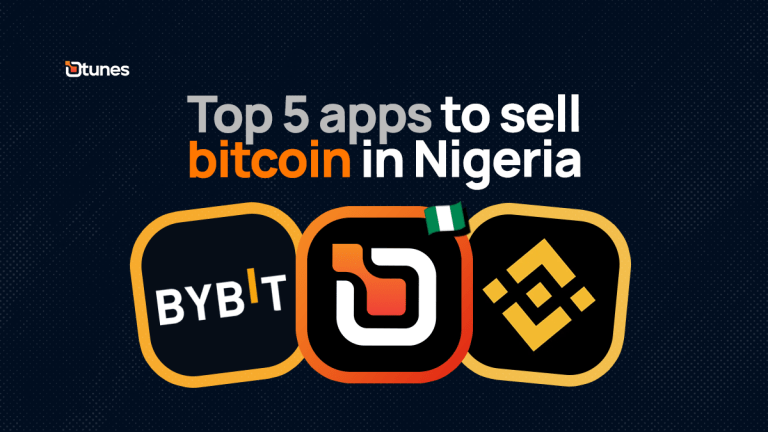
What Is a Bitcoin Exchange? How It Works, Fees, and Examples
Dtunes is now a full-service crypto platform. Beyond gift cards, you can now sell BTC, USDT, and Ethereum directly through our app with 24/7 support and the best market rates. Join the crypto revolution with Dtunes today!
As Nigeria continues to deepen its footing in the crypto world, you may have heard of the phrase “Bitcoin exchange” once or twice.
Sometimes, it’s heard in sentences like “Which exchange is giving a better rate today?” or popular influencers telling you to trade with their preferred exchange. This has quickly become a regularly used term in the Nigerian crypto vocabulary.
So, what is Bitcoin exchange, how does it work, what is the cost of using one, and which platforms are safe in 2025?
Most people are using these platforms daily but don’t understand what powers them, how they make money, or whether they’re being shortchanged.
If you’ve ever lost money due to poor exchange rates, high hidden fees, or a scammer posing as an exchange, you know the stakes are high.
This article is your complete guide to learning exactly how a Bitcoin exchange works, what fees to expect, which platforms are best, and how to convert your Bitcoin to cash safely in Nigeria.
What Is a Bitcoin Exchange?
A Bitcoin exchange is a digital platform that allows people to buy, sell, or trade Bitcoin for fiat currencies like naira or dollars or other cryptocurrencies like Ethereum or USDT.
It’s like Bureau de Change, but for digital currencies. You send Bitcoin and receive local currency in your bank account, or vice versa. Bitcoin Exchanges are the bridge between the crypto world and the traditional money system.
Note: not all exchanges are the same. There are
- Peer-to-Peer (P2P) exchanges
- Centralized exchanges (CEX)
Peer-to-Peer (P2P) exchanges act as marketplaces where buyers and sellers interact directly, while centralized exchanges (CEX) function more like online crypto markets where the platform itself sells or buys Bitcoin directly from users.
For example, Binance P2P is a peer-to-peer marketplace, while Dtunes, on the other hand, is a direct exchange, no middlemen, just you and the platform.
In Nigeria, where crypto regulation is complex, the type of exchange you use determines how secure, fast, and scam-proof your experience will be. Understanding how these exchanges work is financial survival.
How Does a Bitcoin Exchange Work?
When you log into a Bitcoin exchange:
- You either become a buyer or a seller.
- You’re shown a real-time exchange rate that fluctuates based on market demand, platform policy, and network fees.
On a centralized exchange like Dtunes, once you indicate that you want to sell Bitcoin, the platform will show you the exact Naira amount you’ll receive. You send your Bitcoin to a wallet address provided, and once the transaction is confirmed on the blockchain, your Naira is sent directly to your bank account.
In contrast, peer-to-peer exchanges connect you with another user, usually a buyer, who pays you once you send the Bitcoin. You rely on trust and ratings. Some problems can arise, such as disputes, fraud, and slow resolution systems.
Most exchanges make their money from the spread, the difference between the market price and the price they offer you and from transaction fees.
What Are the Fees on Bitcoin Exchanges in 2025?
Bitcoin exchanges need to make money. Here is a breakdown of how they do it and how much they charge:
1. Trading Fees
This is the most common fee. On exchanges like Binance or KuCoin, when you trade BTC/USDT or BTC/NGN, you’re charged a small percentage (usually 0.1% to 1%) per trade. It might sound small, but it adds up if you’re doing frequent trades.
2. Deposit & Withdrawal Fees
Platforms like Roqqu charge you for depositing or withdrawing crypto. For instance, withdrawing Bitcoin from a platform might cost you ₦2,000–₦5,000 worth of BTC due to network fees and platform charges.
Some exchanges also charge extra Naira withdrawal fees when cashing out to your bank account.
3. Spread Fees
This is where many Nigerians unknowingly lose money. The platform can tell you Bitcoin is ₦1,700 per \$1 worth, when in reality, the market rate is ₦1,770. That ₦70 difference is the spread, and that’s their cut.
Best Bitcoin Exchanges in 2025
Here’s a list of trusted Bitcoin exchanges Nigerians are using in 2025, along with what makes each one stand out.
1. Dtunes (Best for Fast, Scam-Free Naira Withdrawals)
- No P2P, no screenshots, just direct bank payments.
- Instant payout, transparent fees, Nigeria-first support.
- Available 24/7.
- Visit: Dtunes.ng
2. Binance (Best for Traders and P2P Deals)
- Massive liquidity and variety of coins.
- P2P scams, complex for beginners, banned from Naira payments via bank.
- Ideal for experienced traders.
3. Paxful (Good for Global P2P Flexibility)
- Many payment methods and local buyers.
- High risk of scams, long dispute resolution.
- Fees can be high depending on the payment method.
4. Yellow Card (Simple, Beginner-Friendly App)
- Easy interface, Nigerian-friendly.
- Not always the best exchange rate.
- Good for small, quick buys.
5. KuCoin (Global Trading Platform)
- Has advanced trading tools.
- Not Nigeria-focused, Naira withdrawals are limited.
- Best for Pro traders.
How to Exchange Bitcoin for Cash in Nigeria
Dtunes gives you a safer, smarter way to convert Bitcoin to Naira. Here’s how to do it step-by-step:
- Download the Dtunes mobile app on Google Play Store or Apple App Store.
- Sign in or register using your details.
- Tap “Sell Crypto” from the homepage.
- Choose Bitcoin or any crypto you want to convert.
- Input the amount you want to sell. You’ll see the Naira equivalent instantly.
- Click “Sell.”
- Before you begin, set up: Biometrics (fingerprint or face unlock) and Bank account connection
- Your funds should land in your bank within 5–10 minutes. That’s it. Fast, secure, and all from your phone.
Key Takeaway – What You Need to Know
- A Bitcoin exchange lets you buy/sell BTC for cash or other crypto.
- They work either as P2P platforms or direct exchanges.
- You’ll pay trading fees, withdrawal fees, and possibly spread fees.
- Use Dtunes for the fastest, safest BTC-to-Naira conversion.
- Avoid scams. Avoid delays. Convert Bitcoin like a pro.
Final Thoughts
To avoid unnecessary losses, slow payouts, or outright scams, don’t just pick any exchange. Go with clarity, security, and simplicity. That’s what platforms like Dtunes were built for, to give Nigerians a better way to move their digital money.
Frequently Asked Questions (FAQs)
1. What’s the difference between a P2P exchange and a centralized exchange?
A P2P exchange connects buyers and sellers directly, while a centralized exchange handles transactions for you. P2P can be riskier due to scams.
2. Is Bitcoin exchange legal in Nigeria?
Yes.
While CBN restricts banks from dealing with crypto directly, exchanges like Dtunes operate safely and legally using alternative payment channels.
3. Which Bitcoin exchange has the best rate in Nigeria?
Dtunes offers some of the most competitive and transparent rates without hidden spread fees.
4. How fast can I get paid when I sell Bitcoin on Dtunes?
Usually within 5–15 minutes of blockchain confirmation. It’s one of the fastest payout platforms.
5. Can I read more about crypto in Nigeria?
Yes! Check out these articles:
- Key Legal Changes Affecting Bitcoin Trading in Nigeria You Need to Know in 2025
- Bitcoin Rates Fluctuation: How to Get the Best Price When Selling Bitcoin for Naira
- Top 4 Market Trends That Will Affect Your Bitcoin-to-Naira Conversion in 2025
- What Is the Best Time to Sell Bitcoin in Nigeria?
- Top 5 Crypto and Bitcoin Scams in Nigeria and How to Avoid Them
- How to Avoid Scams When Converting Bitcoin to Naira
Dtunes is now a full-service crypto platform. Beyond gift cards, you can now sell BTC, USDT, and Ethereum directly through our app with 24/7 support and the best market rates. Join the crypto revolution with Dtunes today!
Godwin has spent the last 5 years making SEO magic happen and now leads as SEO Manager at Dtunes. When he’s not tweaking search rankings, you’ll catch him vibing to music, playing games, or hanging out with friends.




